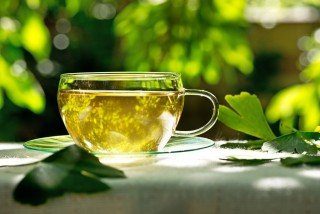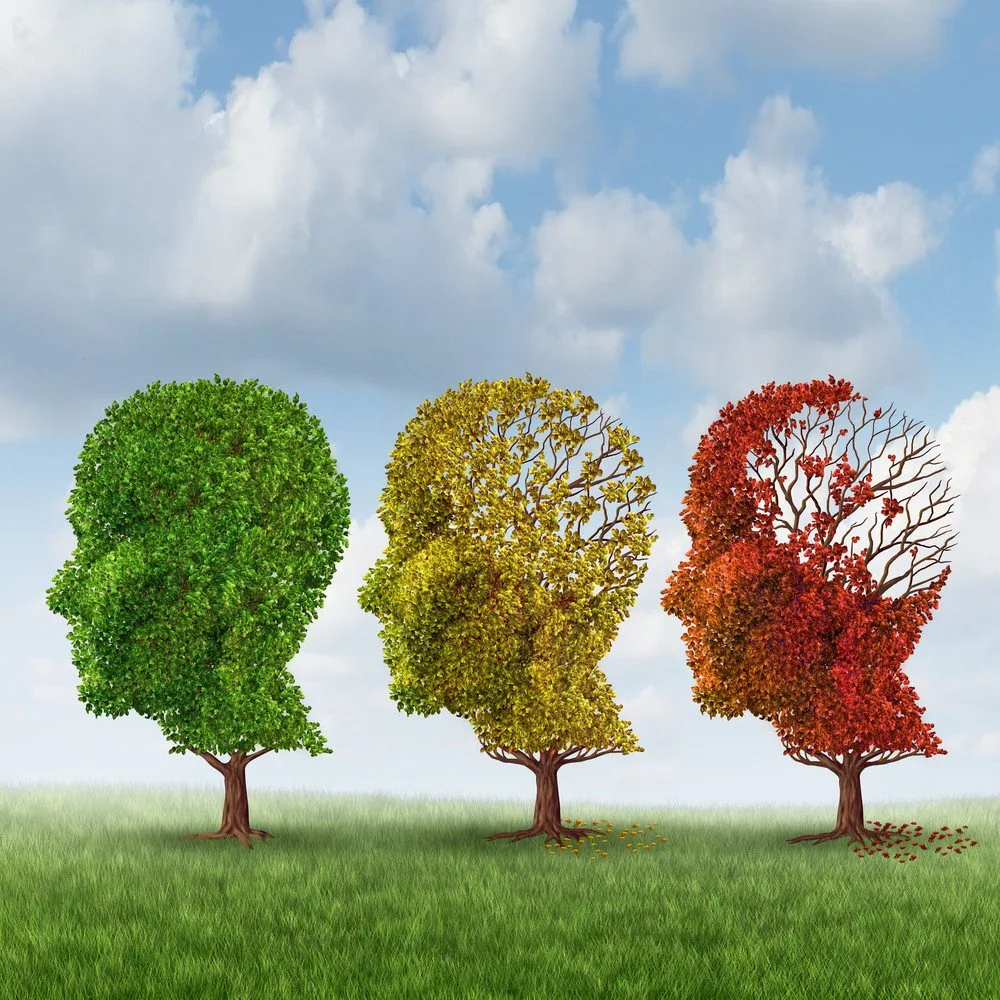Are you looking to protect your brain health this year? What about boosting your memory, motivation, creativity, as well as alertness? If so, then you may want to look at the nootropics. These cognitive enhancers, derived from plants or isolated amino acids, may also help to reduce the risk of age-related brain decline, but taking racetams may help, and using this guide on racetams may boost cognitive performance.
Used in both Chinese medicine and Ayurveda medicine for thousands of years, these elements come in either natural or synthetic substances. What’s more, there are also prescription nootropics that are used to counteract the symptoms of attention deficit hyperactivity disorder (ADHD), narcolepsy, or Alzheimer’s disease.
Natural vs. Synthetic Nootropics
Natural nootropics are touted as a safer option as they are free of side effects. Unfortunately, synthetic nootropics have been associated with side effects that include rapid or irregular heartbeat, insomnia, depression as well as withdrawal symptoms. However, according to WholisticResearch, nootropics like Modafinil are a super drug that is constantly growing in popularity and is available to purchase from a wide variety of websites just by a quick Google search.
Great alternatives are nootropic drinks based on natural ingredients such as green bean caffeine, B-vitamins, and ginseng. Ideal for improving concentration, memory, work efficiency, and so on. You can visit Drink Xite‘s website to find out more about it.
That said, it could be mentioned that you avoid the following nootropics:
- Adrafinil
Armodafinil (Nuvigil) - Lucidril (Meclofenoxate)
- Phenibut
With that said, if you really want to boost your brain health, here are a few natural nootropics to add to your system.
1. Bacopa Monnieri 
A herbal remedy originating from India as well as part of traditional Ayurvedic medicine, bacopa has been used for years to help address cognitive health.
For one, research published in the journal Pharmacognosy Research found that bacopa helped to speed up information processing in the brain, which then led to an improvement in memory, as well as attention and focus.
What’s more, bacopa monnieri also contains bacosides – active compounds that help to protect the brain from oxidative stress (1)
As repeated use of Bacopa monnieri has been shown to have the aforementioned effects, it’s been recommended to take a daily dose of about 300 mg for a period of 6 to 4 weeks. The substance can be found in supplements from online or at your nearest health store.
2. Omega-3 fatty acids
Found in fish oil capsules as well as supplements, omega-3 fatty acids may provide benefits for brain health. In fact, research published in the Aging Clinical and Experimental Research journal found that fish oils helped to reduce the decline in brain function associated with aging.
DHA accounts for a large amount of omega-3 fat found in brain cells, it’s no wonder that it’s been linked to improving thinking skills, memory as well as reaction times.
EPA, on the other hand, contains anti-inflammatory properties, and it’s not only been linked to protecting the brain against aging, but it may also help to improve mood in people battling with depression (2).
3. L-Theanine
One of the compounds that makes green tea such a popular health drink. L-theanine is a common nootropic that’s naturally found in green tea (as well as supplement form) and it’s been found to have positive neurodegenerative effects.
 For instance, research published in the Asia Pacific Journal of Clinical Nutrition found that taking just 50 helped to increase alpha-waves in the brain, which are linked to creativity.
For instance, research published in the Asia Pacific Journal of Clinical Nutrition found that taking just 50 helped to increase alpha-waves in the brain, which are linked to creativity.
Additionally, a separate study published in the Journal of Medicinal Food found that L-Theanine also helped to boost mental performance in individuals dealing with mild cognitive decline.
4. Panax Ginseng
According to research published in the Human Psychopharmacology journal, Panax ginseng helped to not only reduce brain fatigue but also significantly boost brain performance.
What’s more, a review found in the Journal of Ginseng Research revealed that Panax ginseng may help to prevent neurological disorders such as Alzheimer’s disease, Parkinson’s disease, and Huntington’s disease.
5. Resveratrol
An antioxidant available in supplement form and found in the skin of fruits like grapes, raspberries, and blueberries as well as red wine, chocolate, and peanuts. In fact, resveratrol may be exactly what you need to improve brain health.
While there still needs to be more human studies, animal studies have found that resveratrol can help to improve both memory and brain function (3). That said, a human study published in the Journal of Neuroscience found that resveratrol helped to improve memory over a period of 26 weeks.
The bottom line
Yes, nootropics may help to boost brain health. However, it’s important to always talk to your doctor before trying any supplements. Try the Psychopharmacology doctor in Boston.
However, if you really want to protect your brain health, then get enough sleep. You should also eat a nutritious diet and manage your stress levels. Doing so will help to keep your brain sharp in the coming months.




![women [longevity live]](https://longevitylive.com/wp-content/uploads/2020/01/photo-of-women-walking-down-the-street-1116984-100x100.jpg)











One Comment